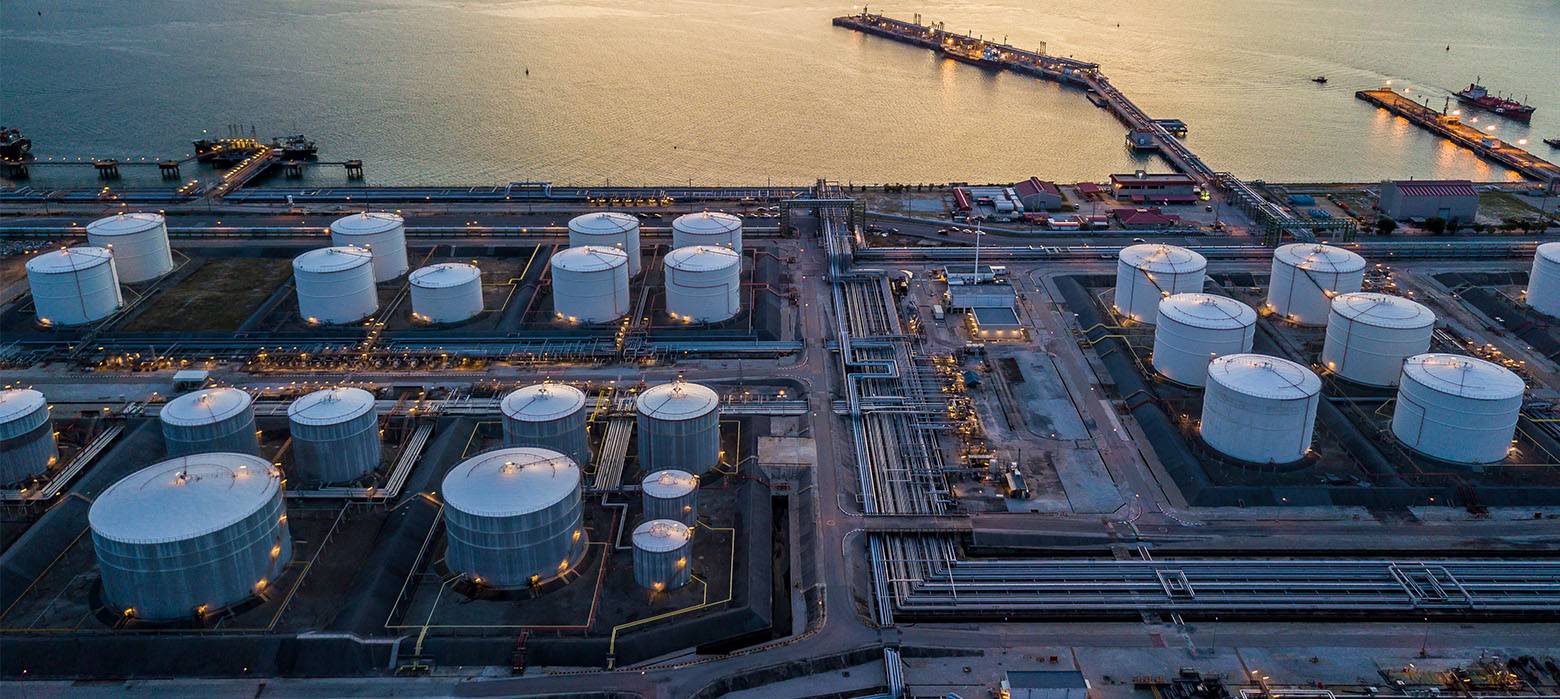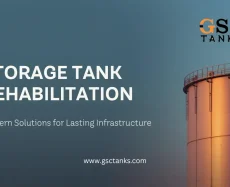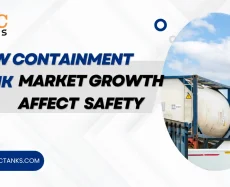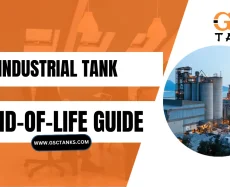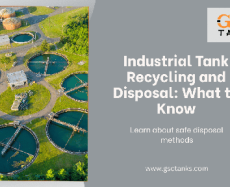
- admin
- January 19, 2023
5 Reasons Soil Analysis Is So Important Following Oil Tank Removal
It’s mandatory to register any residential or commercial oil tanks and must comply with the current laws of the USA. So, if you’ve got industrial storage tanks to store oil and they’re no more in use, you must have them removed by a qualified professional who can dig it out (if it is underground), skilfully check the soil around it for leaks, and remove any existing oil. Otherwise, there remains an extreme risk of soil contamination.
The Danger of Contaminated Soil
Maximum commercial and residential property owners aren’t yet aware of the fact that they have been residing or operating on top of the tank that has corroded, cracked, and contaminated the ground below them. This situation is extremely concerning since oil can affect the health of your family and neighbors, the quality of soil, and prevent your property from being resold.
If you doubt that you might have an oil tank on your property, you immediately need to consult professionals who will visit your site to give you a reasonable quotation for removing industrial storage tanks, and identify all necessary services before digging. They also need to perform a complete soil analysis that will be approved by a geoscientist.
So, let’s read more about the need for soil analysis for your property following a tank removal procedure –
- Environment Protection
It’s crucial to immediately get soil analysis procedures at your property if an old above-ground or underground oil tank has been discovered from the location. Because it will enable you to safeguard the environment and prevent additional contamination underground. If the removal of your tank is successful and the results of your soil analysis are clear, you can simply enjoy peace of mind.
- Crop Improvement
For those who want to maximize plant culture on their farm or in their garden following the removal of an oil tank, soil testing is extremely crucial. Because infected dirt around your industrial storage tanks can prevent plants from growing, injure people who consume them, or lead them to grow abnormally. Whenever it comes to crop growth, checking your soil is always a smart idea, whether there’s any oil tank or not.
- Save Your Money And Energy
Regardless of waiting to get an expensive clean-up, it’s vital to act soon to avoid the matter getting more complicated if you require soil testing and an oil tank removal. The expense and risks of the oil tank removal process can increase with how difficult the removal and testing condition is at your space.
- Taking Care of Your Family And Neighbors
During the time of rainfall, contaminated soil may flow off and end up in your house, garden, yard, and neighboring homes. And so, problems with contaminated soil can result from –
- A direct contact
- Inhalation
- Ingesting (water and food)
Therefore, you must ensure to get a soil analysis process just after an oil tank removal.
- Re-Selling of Your Property
You aren’t allowed to sell your property if the soil is contaminated by an oil tank as per specific government laws, so you must call for secure soil samples to be taken after the tank is removed. Your attending P. Geo. must sign your soil analysis report, and it must also adhere to all CSA, MOE&E, and TSSA code standards. Your test results will be accurately sent by a professional to ensure you can re-sale your property for the best deal.
If your soil analysis shows that your soil is contaminated, remediation must take place to return the area to its natural state. Also, extra soil clean-up is necessary to meet legal requirements if the site fails to test.
Now that you want to get your industrial storage tanks from a recognized source, GSC Tanks is ready to offer you the exact solution for storage tanks in a comprehensive list of materials. We’re proud to serve all of our valuable customers with professional technical support at industry-standard rates. To book our engineered storage tanks for your business, you can simply give us a call at 470-589-7790 today!
Category
- Above Ground Fuel Tanks
- Above Ground Gas Storage Tank
- Above Ground Storage Tanks
- Above Ground Water Storage Tanks
- Agricultural Tanks
- Chemical storage Tanks
- Diesel Fuel Storage Tanks
- Diesel Storage Tanks
- Exernal FloatingRoof Tanks
- Farm Water Tank
- Fiberglass Oil Tanks
- Fiberglass Septic Tanks
- Fiberglass Tanks
- Fiberglass Underground Fuel Storage Tanks
- Field Erected Tanks
- Floating Roof Tank
- Food and Beverage Tanks
- Fuel tank
- Industrial Chemical Storage Tanks
- Industrial Gas Tanks
- Industrial Hot Water Storage Tanks
- industrial hot water tank
- Industrial Plastic Tanks
- Industrial Storage Tanks
- Industrial Tank heating pads
- industrial tanks
- Natural gas
- Natural gas vs Propane
- oil storage tank
- Oil Storage Tanks
- Peracitic Acid
- Petroleum Tanks
- Residential gasoline storage tanks
- Residential Water Storage Tanks
- Sodium Hydroxide Storage Requirements
- Sodium Hypochlorite Storage Tanks
- Steel Storage Tanks
- storage tank failure prevention
- Storage Tanks
- Sulfuric Acid Tanks
- Uncategorized
- UnderGround Storage Tanks
- Waste water tank
- Water Storage Tanks

 Tank Size Calculator
Tank Size Calculator
